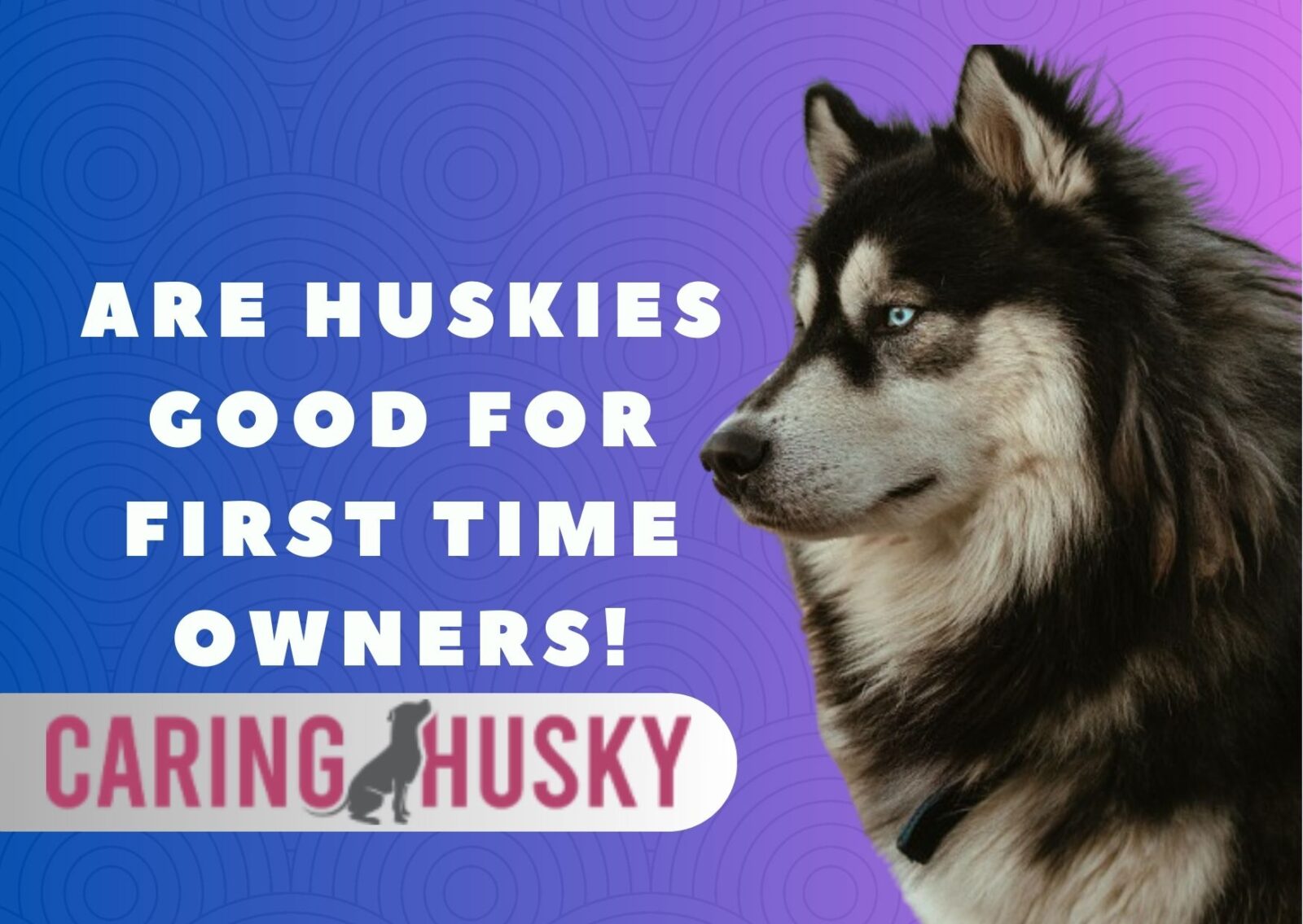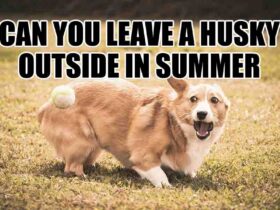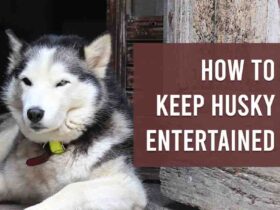Are Huskies Good for First-Time Dog Owners? This question often plagues the minds of those considering welcoming a furry companion into their lives. Siberian Huskies, known for their striking appearance and wolf-like features, have captivated the hearts of many dog enthusiasts. However, their unique characteristics and requirements can pose challenges, especially for novice dog owners. In this comprehensive guide, we will delve into the world of Huskies, exploring their breed traits, care needs, training demands, and the commitment required to provide a loving home. By the end of this article, you’ll have a clear understanding of whether Huskies are the right choice for your first canine companion or if alternative breeds may be more suitable.
Are Huskies Good For First Time Owners?
Huskies are not typically recommended for first-time dog owners. While they are beautiful and intelligent, they have specific needs that can be challenging for beginners. Huskies require extensive exercise, grooming, and consistent training due to their independent nature. Their strong prey drive and wanderlust can make them difficult to manage without prior dog ownership experience. First-time owners may find it more manageable to start with breeds that are more adaptable and less demanding.
The Commitment Of Owning A Husky
Owning a Siberian Husky is a significant and long-term commitment that extends far beyond their striking appearance and charming personality. Huskies have unique needs and characteristics that require dedicated care and attention from their owners. Here, we explore the essential aspects of the commitment involved in owning a Husky:
- Exercise Requirements: Huskies are incredibly energetic dogs with a strong desire to run and play. Daily exercise is a must, which may include long walks, runs, or even activities like sled-pulling. Neglecting their exercise needs can lead to behavioral issues.
- Grooming and Coat Care: Huskies have a thick double coat that sheds profusely, especially during seasonal changes. Regular grooming, including brushing and occasional baths, is necessary to keep their coat healthy and minimize shedding.
- Nutritional Needs: Providing a balanced and nutritious diet is crucial for Huskies. They require high-quality dog food to maintain their energy levels and overall health.
- Training and Socialization: Huskies are intelligent but can be independent and stubborn. Consistent training and early socialization are essential to ensure they become well-behaved and well-adjusted pets.
- Healthcare: Like all dogs, Huskies require regular veterinary check-ups, vaccinations, and preventive care. Be prepared for potential health issues common to the breed.
- Emotional Bond: Huskies thrive on companionship and affection. Building a strong emotional bond with your Husky through quality time and attention is essential for their happiness.
- Lifespan: Huskies have a lifespan of 12 to 15 years. Owning a Husky is a long-term commitment that requires planning for their care throughout their lifetime.
Alternatives For First-Time Dog Owners
While Siberian Huskies are captivating, they may not be the best choice for first-time dog owners due to their specific care requirements and energy levels. If you’re new to dog ownership and seeking a more manageable companion, consider these alternative breeds:
- Labrador Retriever: Labs are known for their friendly and gentle nature. They are highly trainable, making them ideal for beginners. They are also great with families and children.
- Golden Retriever: Golden Retrievers are affectionate, intelligent, and eager to please. They adapt well to various lifestyles and are excellent family dogs.
- Beagle: Beagles are small to medium-sized dogs with a friendly demeanor. They are relatively easy to train and make excellent companions for active individuals or families.
- Bulldog: Bulldogs are calm, low-energy dogs that are well-suited for apartment living. They have a loving disposition and require minimal grooming.
- Poodle: Poodles come in various sizes (standard, miniature, and toy) and are known for their intelligence and hypoallergenic coats. They excel in obedience training.
- Cavalier King Charles Spaniel: These small dogs are affectionate and adaptable to different living situations. They enjoy human companionship and are easy to groom.
- Shih Tzu: Shih Tzus are small, friendly dogs that thrive on attention. They have a luxurious coat but are relatively low-maintenance in terms of grooming.
- Dachshund: Dachshunds are small and playful dogs. They are loyal and make great indoor pets, although they require some exercise.
- Pug: Pugs are known for their charming and comical personalities. They are affectionate and adapt well to various living environments.
- Cocker Spaniel: Cocker Spaniels are affectionate and family-oriented dogs. They are easy to train and enjoy regular exercise.
Real-Life Husky Owner Experiences
To provide a well-rounded perspective on owning Huskies, let’s explore real-life experiences shared by Husky owners. These testimonials shed light on the joys and challenges of having these beautiful dogs as companions.
Sarah’s Adventure with Luna:
Sarah, a first-time dog owner, shares her journey with Luna, a Siberian Husky. She describes the excitement of adopting Luna’s striking blue-eyed beauty.
She recounts the importance of early socialization and consistent training to manage Luna’s spirited personality. Sarah’s experiences highlight the need for regular exercise, as Luna’s boundless energy often led to adventurous outdoor activities.
Mike’s Bond with Max:
Mike, an experienced dog owner, discusses the strong bond he developed with Max, his Husky. He appreciates Max’s intelligence and playfulness.
He shares how Huskies thrive on human companionship and the joy of taking Max on hikes and outdoor adventures.
Mike also discusses the grooming challenges, emphasizing the need for daily brushing to manage Max’s double coat.
Emily’s Learning Curve with Cody:
Emily, a novice dog owner, candidly shares her learning curve with Cody, her Siberian Husky puppy. She highlights the importance of researching the breed thoroughly before bringing a Husky home. Emily discusses the challenges she faced in obedience training but celebrates Cody’s loyalty and affection.
The Adventure of a Lifetime with Maya:
A family of four recounts their adventurous journey with Maya, their Husky. They emphasize the importance of family involvement in Husky care. They share tales of Maya’s escapades and her love for playing with their children. The family appreciates the companionship Maya provides but also acknowledges the commitment required to meet her needs.
Jane’s Wisdom with Bella:
Jane, a seasoned Husky owner, imparts her wisdom gained from years of Husky companionship with Bella. She emphasizes the significance of consistent training and patience to manage Bella’s independent nature. Jane shares tips for grooming and exercise, underlining the rewards of a well-cared-for Husky.
Conclusion
Owning a Siberian Husky is a rewarding but demanding commitment that may not be suitable for first-time dog owners. While their striking appearance and affectionate personalities are appealing, their high energy levels, grooming needs, and independent nature require experienced handling. It’s essential for potential Husky owners to be prepared for the challenges and responsibilities that come with this breed. Alternatives for first-time owners are available, offering more manageable options. Ultimately, the decision to bring a Husky into your life should be made with careful consideration of your lifestyle and ability to meet their unique needs.
FAQs
Do Huskies Shed A Lot?
Yes, Huskies have a thick double coat and shed profusely, especially during seasonal changes.
Are Huskies Good With Children?
Huskies can be good with children when properly socialized, but supervision is essential due to their strong prey drive.
Do Huskies Get Along With Other Pets?
Huskies may not always get along with other pets, particularly small animals, due to their natural hunting instincts.
How Much Exercise Do Huskies Need?
Huskies require at least 1-2 hours of vigorous exercise daily to stay happy and healthy.
Are Huskies Easy To Train?
Huskies are intelligent but can be stubborn, making consistent training and positive reinforcement crucial for success.







Leave a Reply